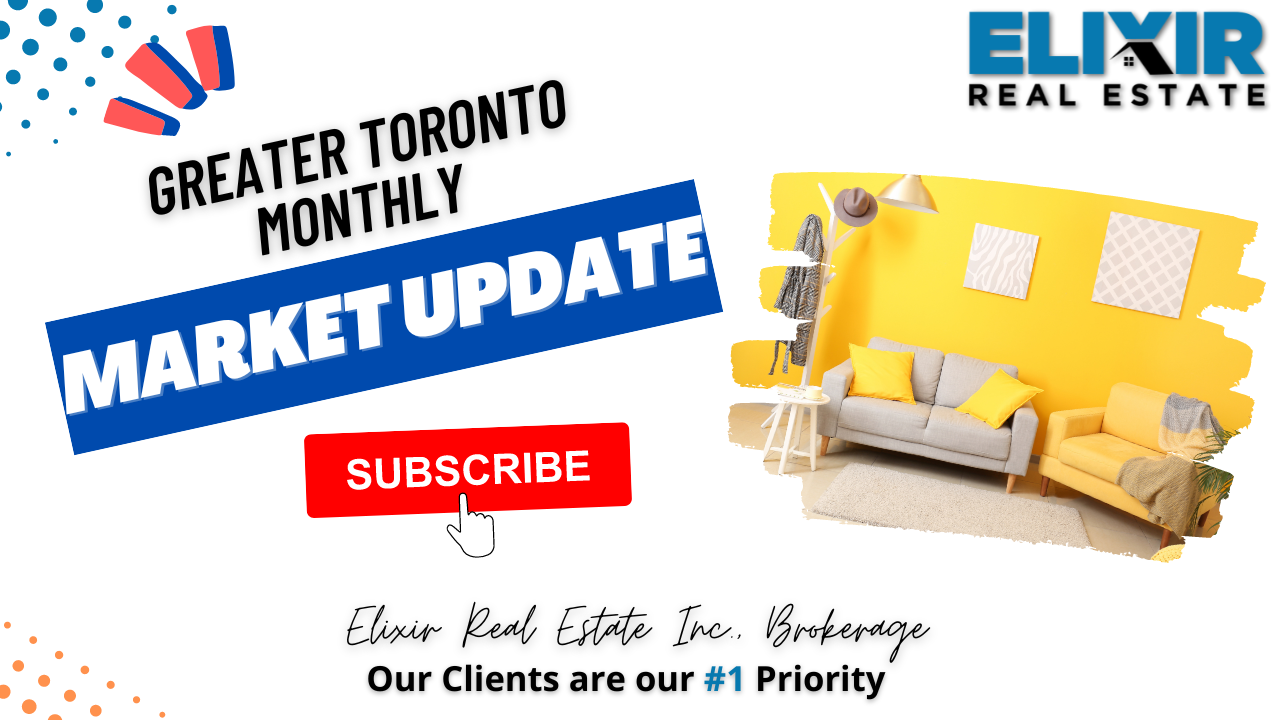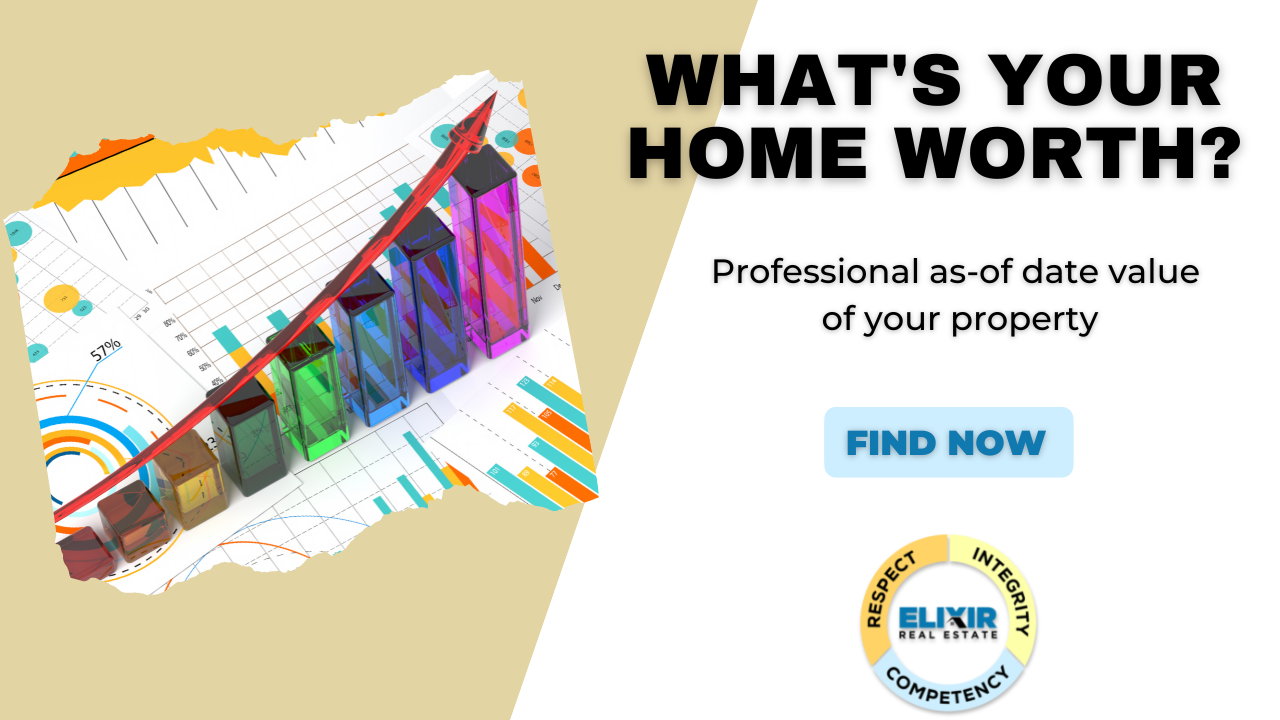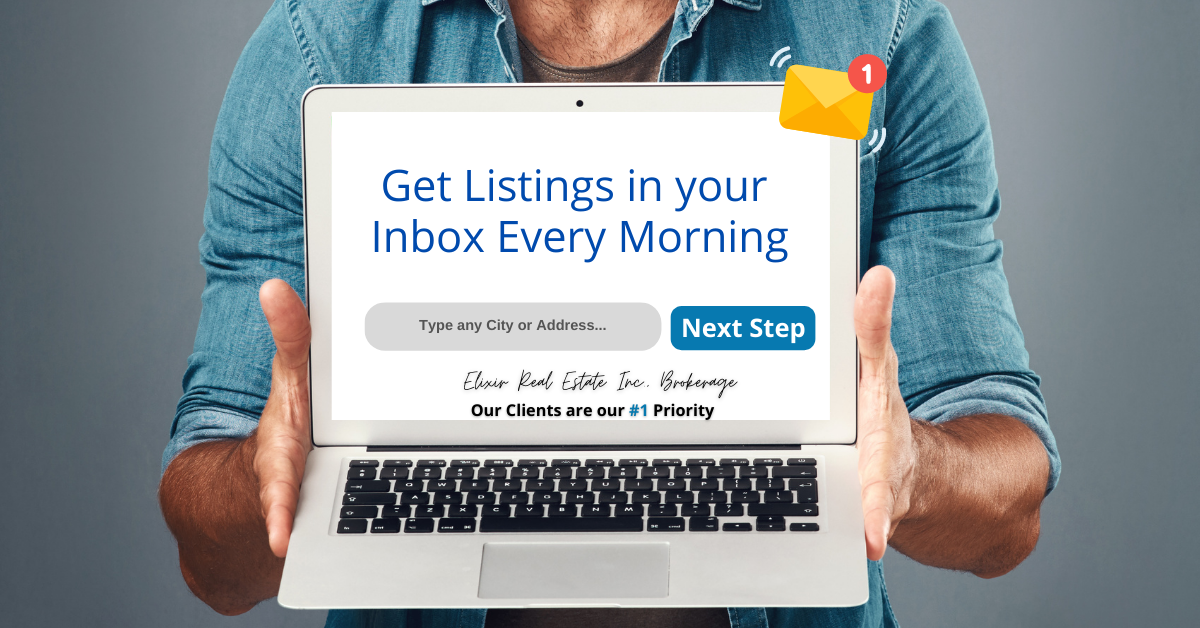In this write-up, we will discuss fundamentally how leasing and buying differ and what we should keep in mind to decide the best options for us. We will objectively try to review the pluses and minuses of both of these.
In order for evaluating leasing vs owning we will try to be as objective as possible to answer the question by discussing all arguments on buying vs renting and weighing the options for their merits. There is no straight answer to this, however, by end of this blog, I am sure it would make it easier for you and you can consider your personal situation and see what works best for you.
Let's first discuss what is
Good About ‘Renting’ :
Predictability – There are no repairs or maintenance costs, you have only the monthly rent to worry about.
The flexibility of Moving – If your work involves frequent relocation, renting is by far the best option. The rationale behind this is that if you are not keeping a home for 2 years or more the benefits in the equity are somewhat offset by closing costs related to buying/selling.
No Financial Responsibility – You are not affected by the market downturns if they occur, you are shielded from market exposure. So you can never end up with ‘Negative Equity’.
No Upfront Costs – For getting yourself in the rental home, you don’t have to worry about closing costs associated with ownership. You just need to arrange for a deposit in the form of last month’s rent, in addition to your first month's rent.
Not So Good About ‘Renting’ :
Opportunity Cost – This is true in the markets trending up, the more delay in the decision for owning and you end up paying a higher price for the same home.
Dead Money – The rental amount which you pay per month is not used for building any equity or future reserves for you.
Less Stable – If the owner decides to their home, you are left with no choice but to seek another leased accommodation and arrange for moving yet again.
Good About ‘Buying’ :
• Default Savings Account – Getting a mortgage for owning a home is often compared to as opening a mandatory savings account, for your initial years of repayment even though the interest component is high, still a good part goes as principal payment, which essentially builds your equity in the home with every passing month.
• Investment Returns – For other investment options (stocks, mutual funds, bonds, precious metals etc) you get returns on your invested equity, the unique thing about Realty is that if/when you decide to sell you get to keep the appreciation on the entire value of a home including portion lent by the financial institution, due to this leverage concept Real Estate becomes a unique investment vehicle.
• Secured Loan Opportunity – Over a period of time as you build your equity in the home with your initial down payment and as part of the repayment of the mortgage, the financial institutions offer you a secured line of credit (HELOC).
• More Control – Make any improvements or updates to the home for furnishings, wall colours, keeping pets etc.
• Tax Shelter – Government provides exemption on any capital gains on your primary residence, so when you sell it you keep the entire gains tax-free.
Not So Good About ‘Buying’ :
• Upfront Costs – For owning a home you would need to account for Closing costs (legal fees, land transfer tax, title insurance, home inspection fees, mortgage default insurance cost in case of high ratio mortgages etc).
• Market Risks – With your equity involved as a homeowner you are exposed to market crashes. Not a good investment vehicle if you are looking for short-term gains, but in the longer term it generally holds well.
The conclusion we can draw is that the decision of owning and renting should be taken very objectively by analyzing the parameters discussed and how they apply to your own family situation.
To close it off let us take a deep dive and understand with numbers an example Scenario to Understand how we fare in Renting Vs Buying:
The assumptions we are taking are that the house is worth $700,000 and two scenarios of renting vs owning for a term of 5 years. For buying the down payment considered is $100,000 with a mortgage secured @ fixed rate of 4%, for the lease scenario the same amount of $100,000 is invested in mutual funds/bonds assumed to give a return of 4% annually.
Scenario 1
 We rent a $700,000 home
We rent a $700,000 home Rent per Month = $2,500
Rent per Month = $2,500 Rent paid in 5 years i.e. 60 months = $150,000
Rent paid in 5 years i.e. 60 months = $150,000 Utilities (Gas, Hydro, Water - assuming $250 per month) = $15,000
Utilities (Gas, Hydro, Water - assuming $250 per month) = $15,000 The investment return on $100,000 (from Mutual Funds, Bonds etc assuming 5% returns which are compounded annually in 5 years) = $27,628
The investment return on $100,000 (from Mutual Funds, Bonds etc assuming 5% returns which are compounded annually in 5 years) = $27,628 Net Savings = $27,628
Net Savings = $27,628
Scenario 2
 Owning a $700,000 home
Owning a $700,000 home EMI (with $100,000 down and mortgage for $600,000 at 4% fixed for 5 years) = $3,156
EMI (with $100,000 down and mortgage for $600,000 at 4% fixed for 5 years) = $3,156 Interest Paid in 5 years = $111,690
Interest Paid in 5 years = $111,690 Principal Paid in 5 years = $77,677
Principal Paid in 5 years = $77,677 Property Tax paid in 5 years (assuming $3,500 per year) = $17,500
Property Tax paid in 5 years (assuming $3,500 per year) = $17,500 Utilities (Gas, Hydro, Water - assuming $250 per month) = $15,000
Utilities (Gas, Hydro, Water - assuming $250 per month) = $15,000 Closing Costs (Land Transfer Tax, Legal Fees, Title Insurance, Registration Costs etc) $14,000
Closing Costs (Land Transfer Tax, Legal Fees, Title Insurance, Registration Costs etc) $14,000 Appreciation in 5 years (assuming 4% growth per year) - $151,657
Appreciation in 5 years (assuming 4% growth per year) - $151,657 Maintenance (assuming for 5 years) $20,000
Maintenance (assuming for 5 years) $20,000 Net Savings (after 5 years) $151,657 [appreciation growth] + $77,677 [principal paid] - $17,500 [property tax] - $14,000 [closing costs] - $20,000 [maintenance] = $177,834
Net Savings (after 5 years) $151,657 [appreciation growth] + $77,677 [principal paid] - $17,500 [property tax] - $14,000 [closing costs] - $20,000 [maintenance] = $177,834
Wish you all the very best! Reach out to our dedicated team at Elixir for any queries you have in Real Estate and we will do our best to help.
Mudit Mehta
Broker of Record
ELIXIR REAL ESTATE INC.
Off: 416-816-6001 | [email protected]

.png)


